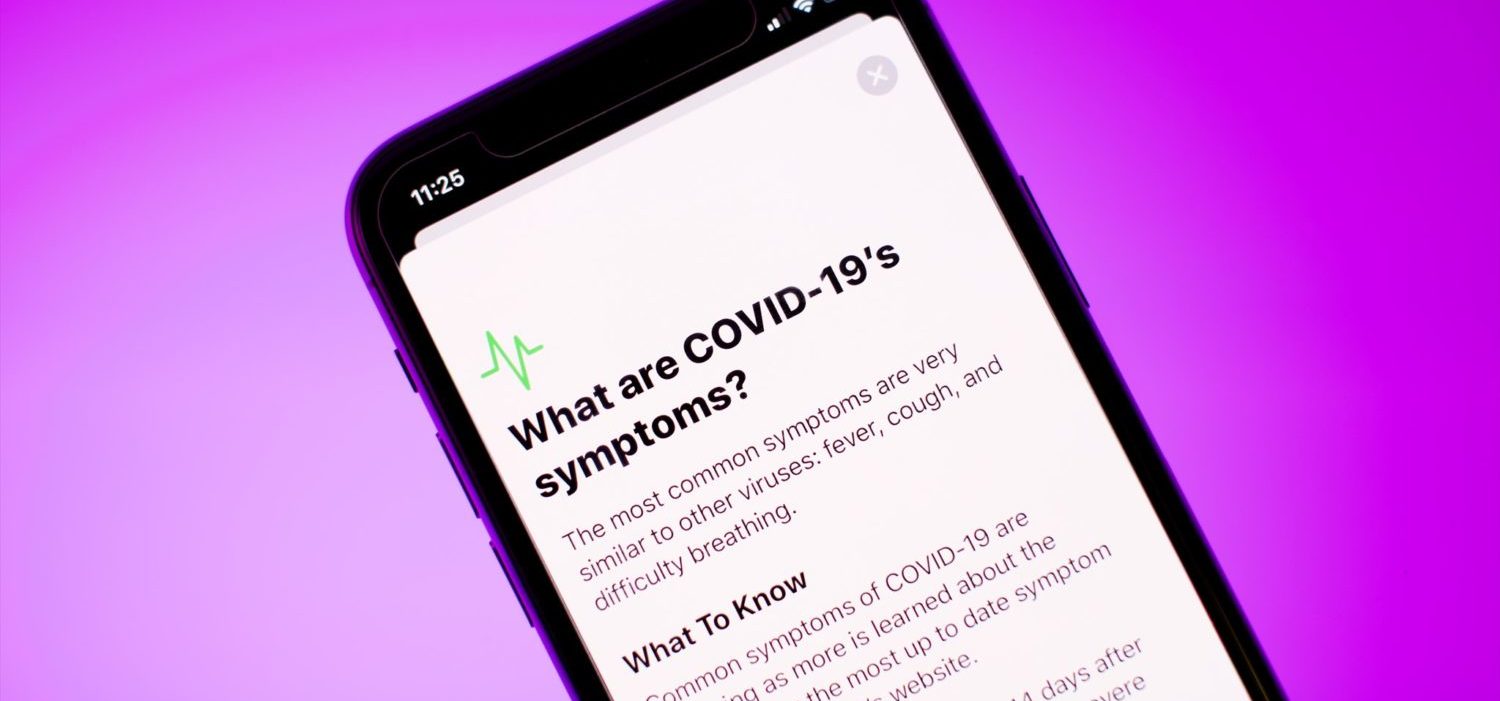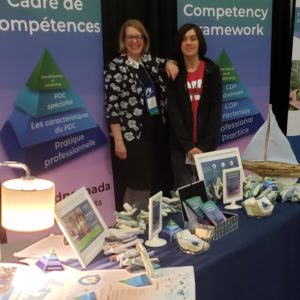Finding Reliable Online Information During the Pandemic: A Post-Secondary Student’s Guide

Online, the coronavirus pandemic is frequently likened to World War 2 or 9/11. Websites paint a bleak picture, and one can find endless (often conflicting) theories, predictions, and statistics. But credible information and resources have been tough to find, even for me – a member of the generation proud of “growing up online”.
In this blog, I share some Ottawa-based links I’ve come to rely on and, for those living outside of Ottawa, I also provide a few research tips that will hopefully help you find reliable information in your region.
Ottawa Links
Academics
Local post-secondary institutions have provided excellent resources, including helpful links, mental health support, and options to salvage some less-than-ideal marks. I had no idea how many services they offer – including career services!
- Carleton’s main COVID-19 page, related messages, frequently asked questions (FAQ), compassionate grading options, career services, and wellness hub and resources
- uOttawa has a main page, related academic information, a detailed FAQ, career development centre, wellness page, and tips to protect yourself
- Algonquin’s coronavirus page, updates, COVID-19 FAQ hub, and student support services
Local Organizations
I’ve found these sites to be particularly helpful for students, especially in relation to career development and education.
- Youth Services Bureau website, services hub, mental health page, housing page, and employment page. This site is very comprehensive and up-to-date in relation to the pandemic and resources in general.
- Ottawa Public Library main website, jobs and careers page
- YMCA services page, contains links to several career resources
Government
- Ottawa local government homepage, main COVID-19 page, public health page and their COVID-19 page, services page, employment page, food resources page, and housing page
- Federal government homepage, COVID-19 hub, employment insurance page, jobs page, and youth resources
Tips for Finding Reliable Information in Your Region
Providing a list of websites can only be so helpful, since options vary by location. However, the process of finding information online is more universal. It can be a struggle to find reliable and straightforward resources, so I’ll share the methods that I generally use.
Search Engines
- An obvious starting point is just to search relevant terms. Nearly unlimited results can be found for a query like “ottawa career resources”. For a new subject, I always begin this way: just googling and opening tabs of several promising results to compare.
- Generally, inputting a few specific words is better than a full sentence, which tends to just confuse the software. Consider asking for something specific, rather than posing a vague question. For example, “canada coronavirus aid” will provide more relevant results than “what to do if you lost your job due to the pandemic”.
- I also constantly use Google to search within a particular domain, since many sites’ internal search features tend to be ineffective. Appending “site:canada.ca” to my query has helped me find government pages much faster than trying to navigate the site itself.
- A major downside of just using a search engine is, of course, trustworthiness of results. It’s unbeatable for finding news articles, government pages, and local organizations. But fact-checking and further research is often critical, especially if you end up on a random blog or social media page. Especially for something as large-scale as COVID-19, any information that’s not backed up by a few sites… is probably questionable.
- Finally, something I overlooked for a while: there are many search engines. I’ve found that Google, DuckDuckGo, and Bing are the most effective (in that order), and swapping between them occasionally returns results that didn’t show up before.
As a major computer nerd, before writing this blog I didn’t think there was much more to learn about searching the web…but I was wrong! Some more tips I found helpful are here.
Social/Discussion
- We’re constantly warned about the untrustworthiness of social media, so I often overlooked it as a source of information. However, I’ve found some sites very helpful, both in relation to the pandemic and for discussing world news and information in general. The opportunity to directly ask questions and take in others’ perspectives can be valuable, although critical thinking and fact-checking is a must.
- A (possibly controversial) favorite resource of mine is actually Reddit. I’ve gotten some very good answers there, whether in r/personalfinance, r/laptops, r/explainbothsides, or another of the specific subforums. The benefit of their model is that it’s semi-anonymous and very friendly to discussion, so most questions will receive a multitude of answers from different users. While any individual response may not necessarily be reliable, seeing the consensus — or alternately, a few differing opinions — of many users can be valuable. I often find it more helpful than somewhere like Facebook or Instagram, where my followers are a smaller number of like-minded friends, which provides less perspective. I’ll even sometimes tack on “site:reddit.com” to a search query since the discussion aspect often helps me quickly grasp the relevance of a particular news item. This should, of course, be used with caution, but in my experience is worth a try.
- The last item is probably obvious to many people, but it wasn’t to me. I’m quite introverted and thus was wary of joining relevant online communities other than a few group chats with friends. After making an effort to do that this year, I’ve found them surprisingly helpful. (Some personal examples include joining the Carleton computer science Discord chat, following school accounts on Instagram, and becoming active on some Apple-related forums.) As I said above, being able to discuss topics with a large group, rather than just a couple friends, is often fantastic for perspective and learning.
Trusted Starting Points
The most helpful approach for me during this pandemic, though, has been starting from trusted places — university websites, major news sites, government FAQs, close friends, and my dad. If I start at Carleton’s wellness hub, then I don’t need to worry about fact-checking each link I click, since a trustworthy page provided them. Establishing a “chain of trust” in this way has made finding resources and information about COVID-19 (and in general) much less stressful.

Will Sidle is a Computer Science student at Carleton University, and spends Fridays at the CCDF office immersed in career development. His interest in developing positive user experiences, on and offline, has been integral to the success of the CDP Competence project. If you are reading this message online, Will made it happen!

